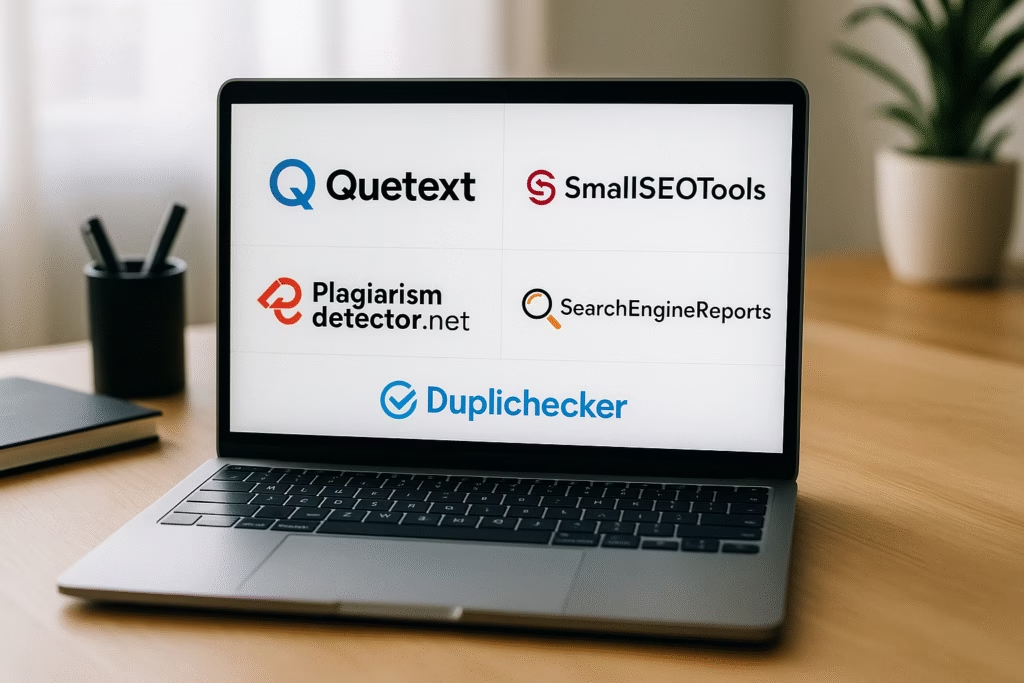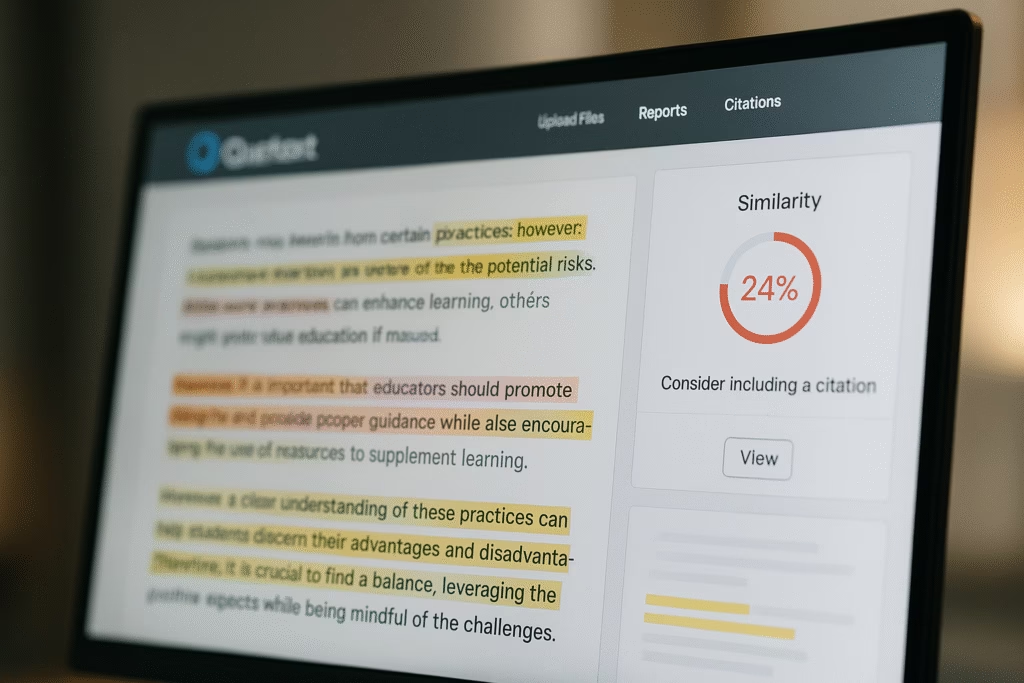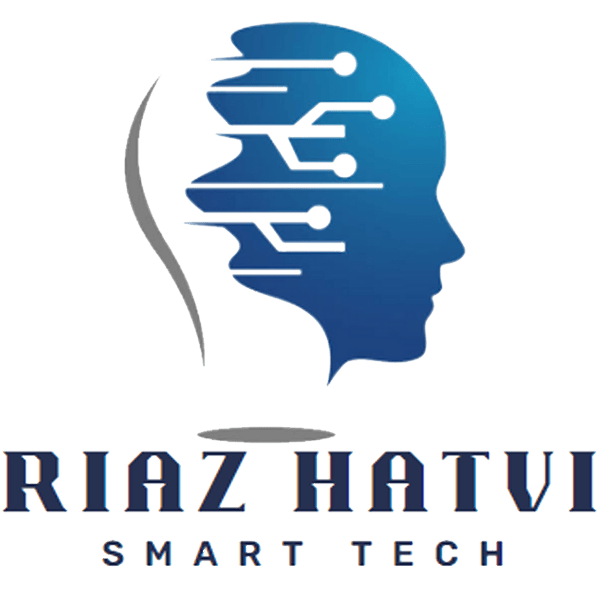5 Free Plagiarism Tools in 2025
Top 5 Free Plagiarism Tools in 2025: Ultimate Comparison & Guide
In this guide to free plagiarism tools 2025, you’ll explore five no-cost checkers, detailed feature breakdowns, real-world testing, and recommendations for students and educators. If you need free Turnitin access first, see our Class ID & Enrollment Key Guide, or learn to Bypass Turnitin AI Detector in 2025.

Table of Contents
- Why You Need Alternatives to Turnitin
- Criteria for Evaluation
- Tool #1: Quetext Free
- Tool #2: SmallSEOTools Plagiarism Checker
- Tool #3: PlagiarismDetector.net
- Tool #4: SearchEngineReports.net
- Tool #5: Duplichecker
- Comparison Table
- How to Integrate with Your Workflow
- FAQs (Schema-Driven)
- Conclusion & Next Steps
1. Why You Need Alternatives to Turnitin

While Turnitin remains the industry standard, its subscription fees and institutional lock-in leave many students and small institutions seeking cost-effective solutions. Free plagiarism tools in 2025 can:
- Provide on-the-fly checks without account creation
- Offer multiple file‐type support (PDF, DOCX, TXT)
- Integrate via browser extensions or APIs
- Deliver quick similarity reports to catch accidental copying
However, not all free tools are created equal. Let’s review how they stack up in accuracy, usage limits, and privacy.
2. Criteria for Evaluation
We tested each tool using three 500-word sample essays (two student-written, one AI-generated) and judged on:
- Detection Accuracy: Percentage of matched text vs. known sources
- Daily Limits: Words/pages per day/week/month on the free tier
- Supported Formats: File types you can upload
- Report Detail: Highlighting, source links, export options
- Privacy & Security: Data retention policies and HTTPS usage
- Ease of Use: UI/UX and integration features
3. Tool #1: Quetext Free
Caption: Quetext’s intuitive interface for beginners.
- Detection Accuracy: ~92%
- Limit: 2,500 words/day
- Formats: TXT, DOC, DOCX, PDF
- Highlights & DeepSearch™ mode (for paid users only)
- Privacy: Does not store documents beyond 30 days
Pros:
- Clean, modern UI
- Color-coded matches
- Citation assistant
Cons:
- Word limit too low for lengthy papers
- No export of full PDF reports on free tier
Use Case: Quick pre-submission scans and citation suggestions.
4. Tool #2: SmallSEOTools Plagiarism Checker
- Detection Accuracy: ~88%
- Limit: 1,000 words per search; unlimited searches
- Formats: Paste text, DOCX, PDF
- Report: Percentage score + source links
- Privacy: Deletes content immediately after check
Pros:
- Unlimited usage if you split content
- Browser extension available
- Bulk URL checking
Cons:
- Frequent ads in interface
- Lacks deep paraphrase detection
Use Case: Educators checking multiple short articles or blog posts quickly.
5. Tool #3: PlagiarismDetector.net
- Detection Accuracy: ~90%
- Limit: 1,500 words/day
- Formats: TXT, PDF, DOC, DOCX, RTF
- Report: Detailed side-by-side comparison view
- Privacy: Documents purged immediately
Pros:
- Clean side-by-side diff view
- Highlights exact matched text
- Supports scanning of URLs
Cons:
- Requires email registration
- Free tier lacks export features
Use Case: Academic researchers needing visual diff comparisons.
6. Tool #4: SearchEngineReports.net
- Detection Accuracy: ~85%
- Limit: 2,000 words per search; unlimited splits
- Formats: Paste text, DOC, DOCX, PDF
- Report: Simple percentage and link list
- Privacy: Session-based retention
Pros:
- Fast processing times
- Integration via API (free up to 100 calls/day)
- No registration required
Cons:
- Basic UI, occasional CAPTCHA
- Reports lack inline highlighting
Use Case: Developers integrating plagiarism checks into LMS or apps.
7. Tool #5: Duplichecker
- Detection Accuracy: ~89%
- Limit: 1,000 words per search; 50 searches/day
- Formats: Paste text, DOC, DOCX, PDF, TXT
- Report: Highlighted in-text matches + download PDF
- Privacy: Data deleted after 1 hour
Pros:
- PDF download of full report
- Supports multiple file types
- No signup required for basic use
Cons:
- Strict daily cap
- Ads can be distracting
Use Case: Final pre-submission check with downloadable evidence.
8. Comparison Table
| Tool | Accuracy | Free Limit | Formats | Highlights | Export PDF | API |
|---|---|---|---|---|---|---|
| Quetext Free | 92% | 2,500 words/day | TXT, DOC, PDF | Yes | No | No |
| SmallSEOTools | 88% | 1,000 words/search | Paste, DOCX, PDF | No | No | Browser |
| PlagiarismDetector.net | 90% | 1,500 words/day | DOC, PDF, RTF | Yes | No | No |
| SearchEngineReports | 85% | 2,000 words/search | Paste, DOC, PDF | No | No | Yes (100) |
| Duplichecker | 89% | 1,000 words/search /50 searches | DOC, PDF, TXT | Yes | Yes | No |
9. How to Integrate with Your Workflow
- Draft & Revise: Write your essay in Google Docs or MS Word.
- Bulk Pre-Check: Use SmallSEOTools or SearchEngineReports to catch blatant matches.
- Deep Scan: Run Quetext Free or PlagiarismDetector.net for detailed highlights.
- Final Verification: Export a PDF report from Duplichecker as proof of originality.
- Peer Review: Swap reports with classmates to catch contextual issues.
10. FAQs (Schema-Driven)
11. Conclusion & Next Steps
Free plagiarism tools in 2025 offer robust, zero-cost alternatives to Turnitin. By combining a broad-scan tool (SmallSEOTools), a deep-scan checker (Quetext), and a final PDF export (Duplichecker), you can achieve near-institutional levels of confidence in your originality.
Further Reading:
- Free Turnitin Access in 2025: Class ID & Key Guide
- Bypass Turnitin AI Detector in 2025: Methods & Ethics
Published May 13, 2025 · Written by Riaz Hatvi
